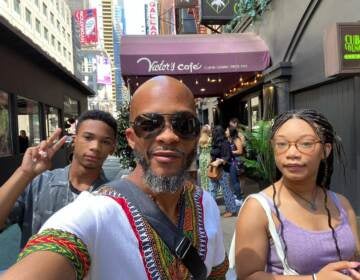Autism: Cultural imprints
Listen
April 25, 2011 — In this country, autism is seen more and more as a public health crisis. And although services are far from ideal, this disorder is becoming more widely understood. Nevertheless, mothers can feel guilty, fathers might feel ashamed and overwhelmed. Many parents feel alone in trying to cope.
But what’s autism like in other cultures? How does treatment work in cultures with more socialized medical care? Are treatment techniques up to date? And what about shame factors in family-based society? Do children tend to be more isolated or more included?
Dr. Dan Gottlieb talks about how different cultures look at the same disorder. We speak with parents from different countries and cultures. We also hear from researcher David Mandell and author-lecturer Stephen Shore. Mandell is associate director of the Center for Autism Research at The Children’s Hospital in Philadelphia. He looks at cultural, racial, and ethnic differences around autism. And Shore, who has autism, has traveled the world presenting and discussing autism as it pertains to adults.
WHYY is your source for fact-based, in-depth journalism and information. As a nonprofit organization, we rely on financial support from readers like you. Please give today.




